

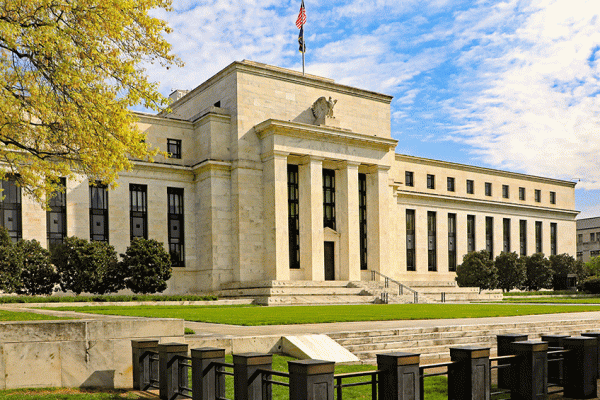

News Release: Bank Oversight Should Advance Racial, Environmental Justice
Federal banking regulators should ensure that banks advance financial inclusion, further racial justice in lending and avoid making loans or investments that harm the environment or cause housing displacement, a group of public interest organizations argued today.
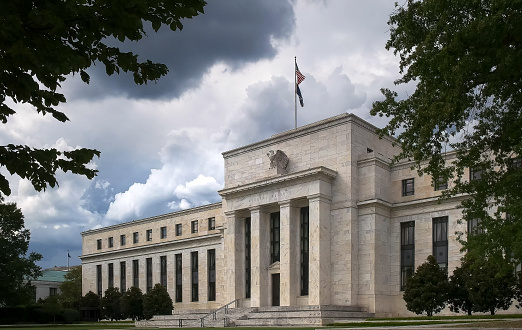

Letter to Regulators: Letter to the Federal Reserve on the Community Reinvestment Act Proposed Rulemaking
Americans for Financial Reform Education Fund, along with 25 undersigned organizations, is pleased to submit comments responding to the Joint Notice of Public Rulemaking (NPR) from the Office of the Comptroller of the Currency, the Board of Governors of the Federal Reserve System, and the Federal Deposit Insurance Corporation (collectively “the agencies”) regarding changes to the Community Reinvestment Act of 1977 (CRA).


Letters to Regulators: Community Reinvestment Act Regulation Update
Americans for Financial Reform Education Fund (AFREF) and partners submitted comments to the Office of the Comptroller of the Currency, Board of Governors of the Federal Reserve System, and Federal Deposit Insurance Corporation on their proposed revision to the regulations that implement the Community Reinvestment
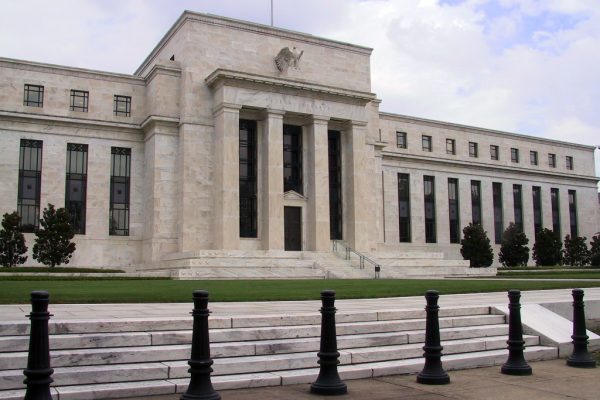

News Release: Community Reinvestment Act Regulatory Update Offers Opportunity to Address Climate Crisis
A coalition of groups aiming to further financial inclusion, affordable housing, and racial and climate justice called for strengthened environmental justice provisions as the comment period for an update of the rules implementing the Community Reinvestment Act (CRA) comes to a close.



Congressional Testimony: AFR’s Moonyoung Ko Testifies to Senate Democrats on Need for Strong Final Climate Disclosure Rule from the SEC
At a hearing in front of the Senate Climate Change Task Force Committee, Moonyoung Ko, Climate Finance Campaign Manager at AFR, spoke to Senate Democrats on the need for these climate-related financial disclosures for all investors including retail investors and those who trust in others


Blog: Cancel it Now: The Unconstitutional Nature of Student Debt
We are well into the Biden administration and approaching a pivotal time in his Presidency where all hope could be lost on an issue I care a lot about: student debt. We are facing the possible flipping of Congress, student borrowers are in constant flux–unaware of when their loan servicers will be unleashed on them in the midst of a broken repayment system… and I’m afraid. I, like the rest of us, am still waiting for a portion of federal student debt to be canceled, one of Biden’s biggest campaign priorities. And despite the chatter of this announcement being forthcoming, we’re still on standby.


Letters and Statements: Comment to the International Sustainability Standards Board on Climate-related Disclosures
AFREF, Public Citizen, The Sunrise Project, and Sierra Club submitted a comment to the International Sustainability Standards Board on their Climate-related Disclosures Exposure Draft. The Board requested broad stakeholder feedback on its proposal, which reflected the need for users of general purpose financial reporting to
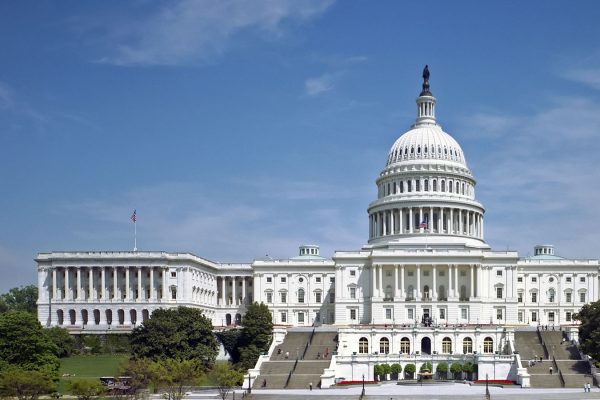

News Release: AFR Applauds Overdraft Protection Act’s Passage in the House Financial Services Committee
Washington, D.C. — Americans for Financial Reform applauds the House Financial Services Committee’s passage of Rep. Maloney’s long-standing bill, the Overdraft Protection Act, which passed by a vote of 27-22.
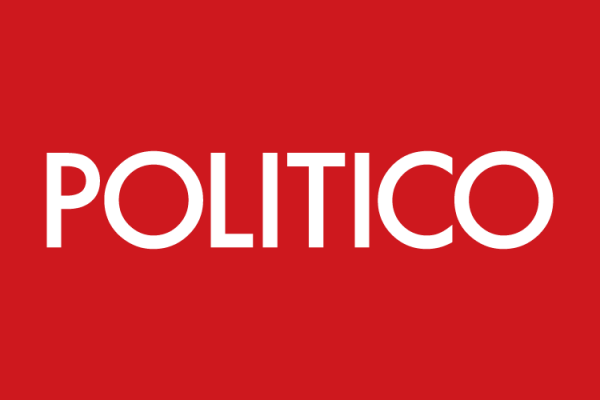

In The News: How the Fed’s inflation battle is already slamming the economy
Andrew Park, a senior policy analyst at the progressive Americans for Financial Reform, said a lot of companies also failed to take advantage of the debt binge during the pandemic to make productive investments, citing private equity-owned firms that borrowed money to pay dividends to shareholders. “When you have all this corporate debt that’s been issued, what happens is, it’s less of an immediate implosion and more of a drawn-out process where the debt becomes an amplifier” to any recession. That’s because people lose their jobs and income, which further dampens economic activity.
